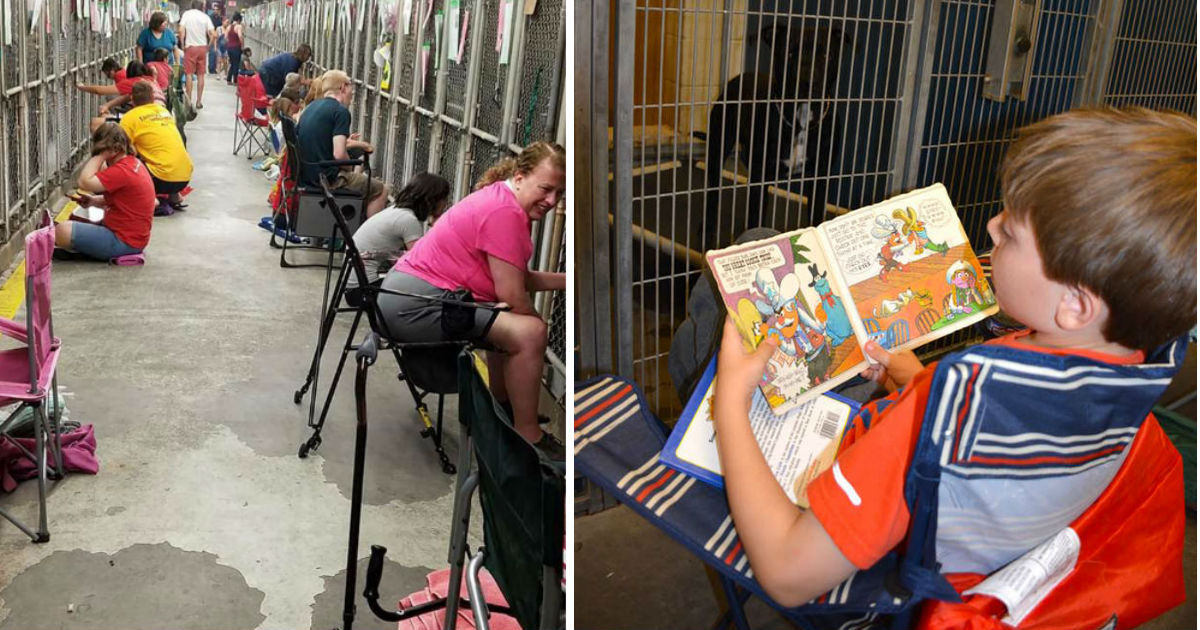Fourth of July is dependably an intense occasion for mutts. The little guys don’t comprehend for what reason they’re hearing such a large number of noisy clamors, and that can make them anxious.
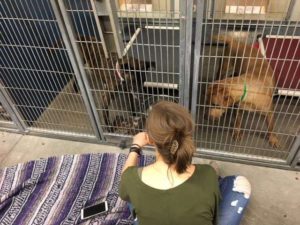
Canines who have perpetually home can turn their proprietors for solace. Many canine proprietors will play music or basically pet their pooch to help mitigate their tension.
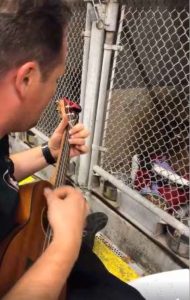
Fourth of July is especially intense for safe house hounds who don’t have anybody to go to for solace. To support their mutts, Maricopa County Animal Care and Control (MCACC) in Arizona chose to begin a program called “Quiet the Canines.”
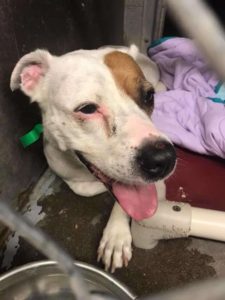
MCACC began this program in 2018, and it was a colossal achievement. More than 300 went to MCACC’s two safe houses to comfort the puppies.
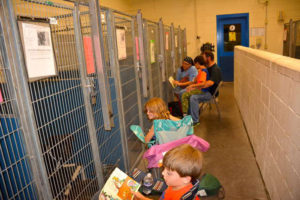
“It was overpowering to perceive how the network reacted,” MCACC’S improvement executive, Ben Swan, said in a public statement. “It truly helped spread our message that MCACC is here to help.”
he's scared of the fireworks so my mom put on some dog videos for him ❤️ pic.twitter.com/VTjYa6YIcK
— emily (@spaghemily) July 5, 2016
Volunteers read to the dogs, played with them in their kennels, and simply cuddled with the pups. The dogs were so grateful to have people with them during this stressful day. “We could see as people talked to the dogs and stroked their fur, their eyes were getting heavier and heavier,” public information officer Jose Santiago told The Dodo.
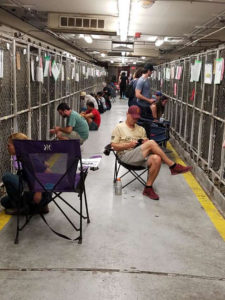
“Many would lay down right at their kennels’ edge and fall asleep. That right there speaks volumes to how important the human touch is for those animals.”One volunteer, Amy Engel, described her experience volunteering on her Facebook page.
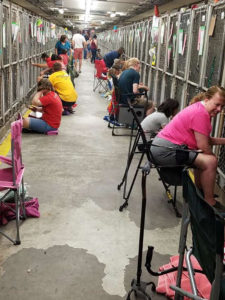
She said the dogs loved all the attention. “Some people sang to them, some people read to them, some people just sat there and gave treats! it was so so awesome because the dogs absolutely love the attention and were focused on the people and not the fireworks going on outside.”
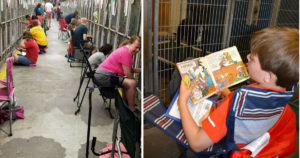
Many people bonded with the shelter pups after spending the Fourth of July with them, and they began regularly volunteering at the shelter. Some of the volunteers also adopted the shelter dogs! “Many participants developed lasting relationships with the shelter, returning to provide foster care, adopt a pet or volunteer,” the MCACC wrote.
